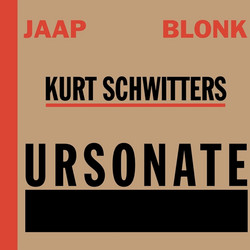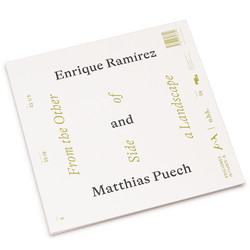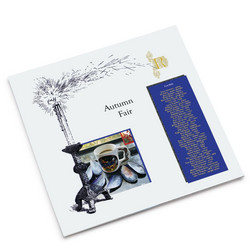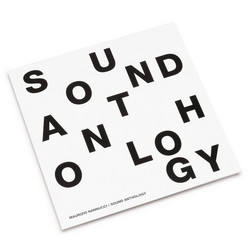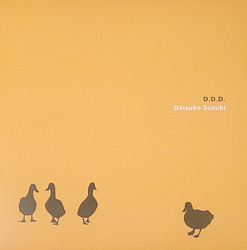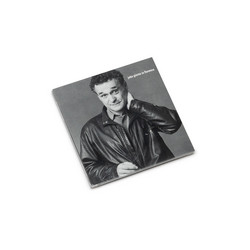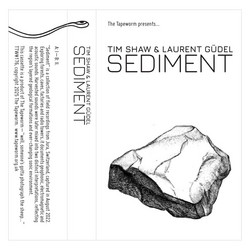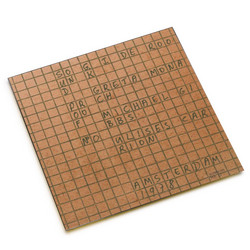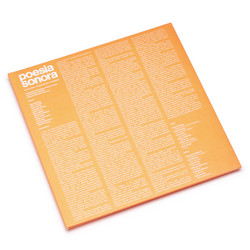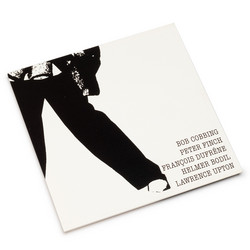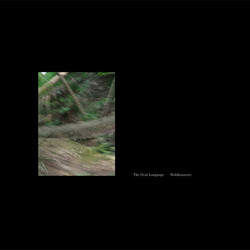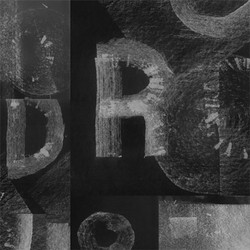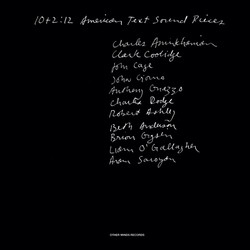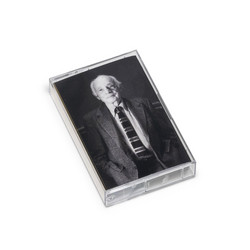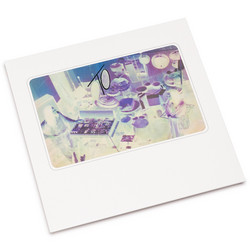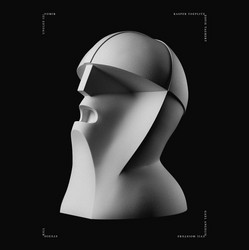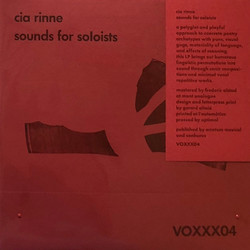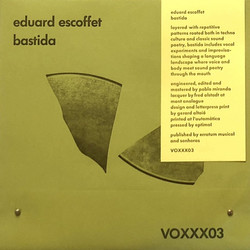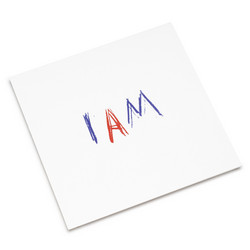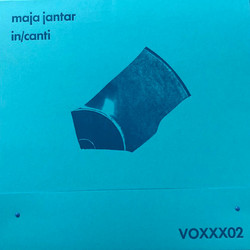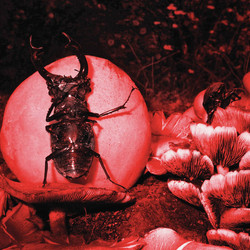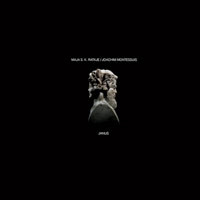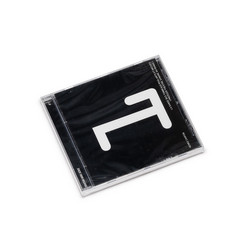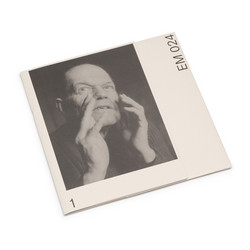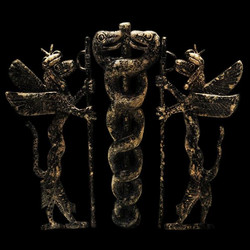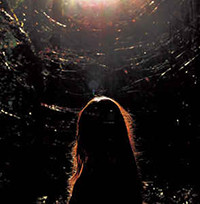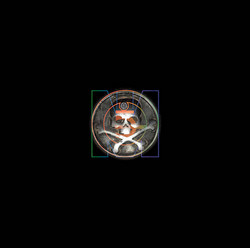*150 copies limited edition* Urusonēto is a sound work by the french artist Wladimir Schall based on the Ursonate, also known as Sonata in Urlauten or the "Sonate of primitive sounds", a phonetic poem composed between 1922 and 1932 by Kurt Schwitters and influenced by his meeting with Raoul Hausmann in 1921 in Prague, where he saw him reciting his poem "FMSBW". (>See RH's phonetic poems on Erratum Musical in 2019).
Wladimir Schall did not start reciting the poem himself, but preferred to entrust the task to "someone else": the japanese voice of google translate. Thus, Schall puts in tension two registers that everything separates a priori : that of human phrasing, primitive and brutal, with that of the most elaborate artificial intelligence - supposedly. This diverted synthetic Japanese voice gives here a new prosody, sharp, hypnotic and far from yet another classic human interpretation of the ursonate. Temporality is also transformed, because Google does not like silence. No pauses, no breaths, the AI blasts the onomatopoeia in delirious rows in a new glossolalia, even an exalted mediumistic xenoglossy, ultralanguage that makes one think of an AI possessed, but by whom, by what? It is here the alterity of the subject to itself, it is the inclusion of the ‘Other’ who speaks through this recording. But then, who are we really listening to? Who is the artist or what form of consciousness speaks, recites, sings here?
Glossolalia comes from the depths of time via tibetan shamanism and the ural steppes in russia, taking all sorts of forms. Multi-dimensional channeling, proto possession / post-Pentecostal cults, transcendental approach to AI, primordial inter-ethnic and mythological sounds... all theories collide and are equal. Let’s just listen - because a voice is a way, and the articulations of phonemes associated with an intention reveal magical mysteries that still elude us.
